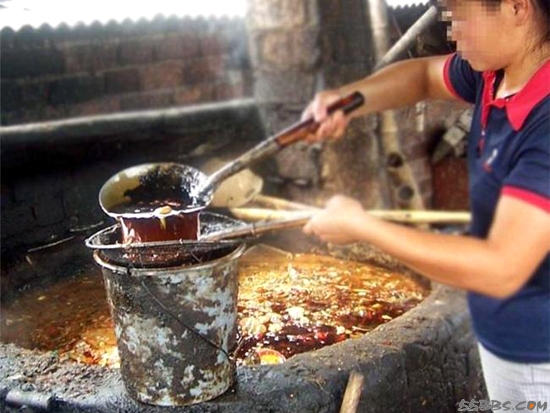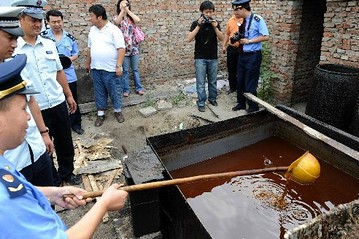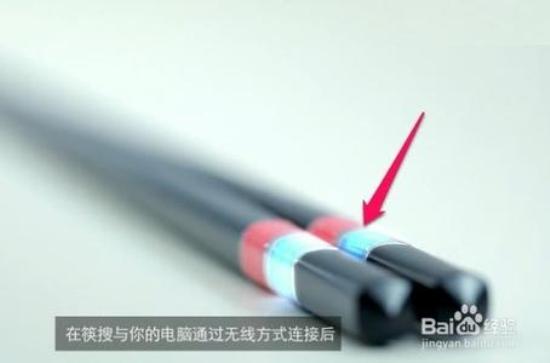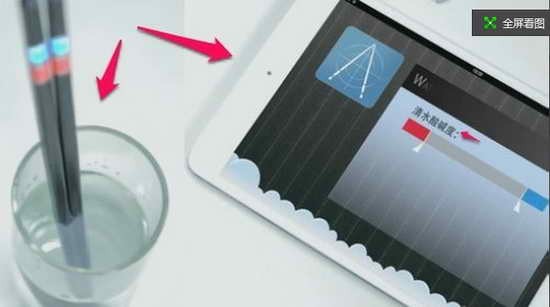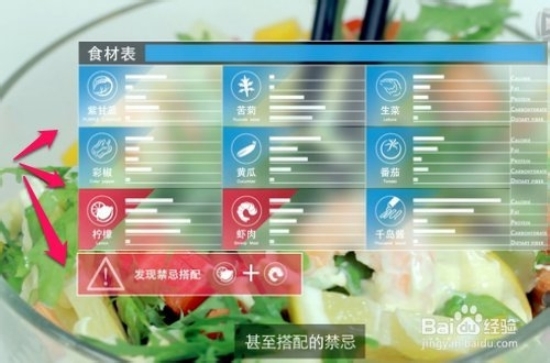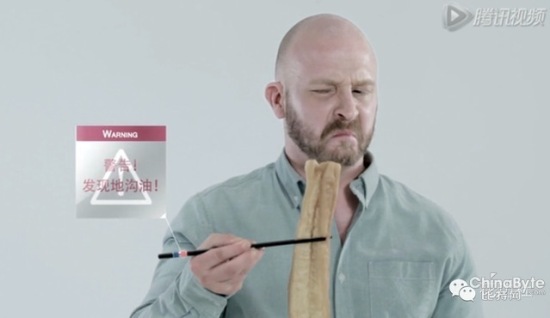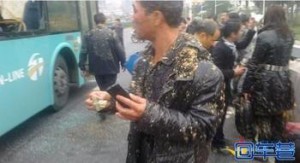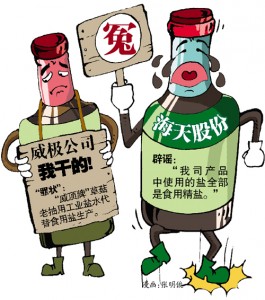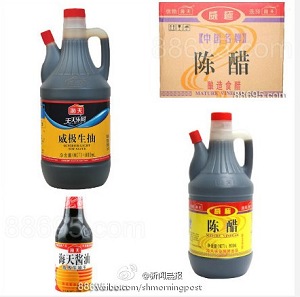Tonnes of Dongguan Gutter Oil Processed & Sold By Unlicensed Companies
Posted: 09/10/2014 10:00 amWhile Taiwan is scrambling to contain the aftermath of its recent gutter oil scandal, Dongguan is facing a scandal of its own, as reported by Nandu. It alleges that the city produced nearly 4,000 tones of gutter oil a month, with approximately 3,000 tonnes ending up on dining tables, which far outnumbers the 700 tonnes exposed in Taiwan.
According to an unidentified executive from Zhongyou Zaozhi Company, the city’s only legally licensed processor of gutter oil (which turns oil from kitchen waste and slaughterhouse byproducts into fatty acid and industrial soybean oil), the company can barely collect 1,000 tonnes out of the total 4,000 tonnes produced. The remaining 3,000 tonnes is collected by more than 10 unlicensed companies, either from the city or manufacturers from nearby Shenzhen, Huizhou and Zengcheng, to process and sell to restaurants or other retailers.
Collecting the oil is not always an easy job. Workers from Zhongyou Zaozhi company explained that some gutter oil collectors had resolved to fight for the profitable, substandard oil. One worker, Xiaodu, said in May that he was threatened by illegal oil collectors from Shenzhen. His nose was injured after telling them that they did not have the right to collect the oil in Dongguan.
According to the report, high profits are fueling the gutter oil market. One tonne of the oil can be sold for nearly RMB 4,000 ($652), while the cost of collection and processing is less than RMB 1,000 ($163). In total, illegal gutter oil collectors can receive RMB 3,000 in profits ($489).
We don’t know what the health risks are in consuming the oil; but, researchers are apparently working around the clock to find the answer. As reports of food safety scandals continue to develop, we see a bright future for Baidu’s newly-unveiled smart chopsticks, which are said to be able to sense if the food you eat is made with gutter oil. At this rate, we can say this may be the most anticipated new product in China.
Photos: Getty Image; 55bbs.com

